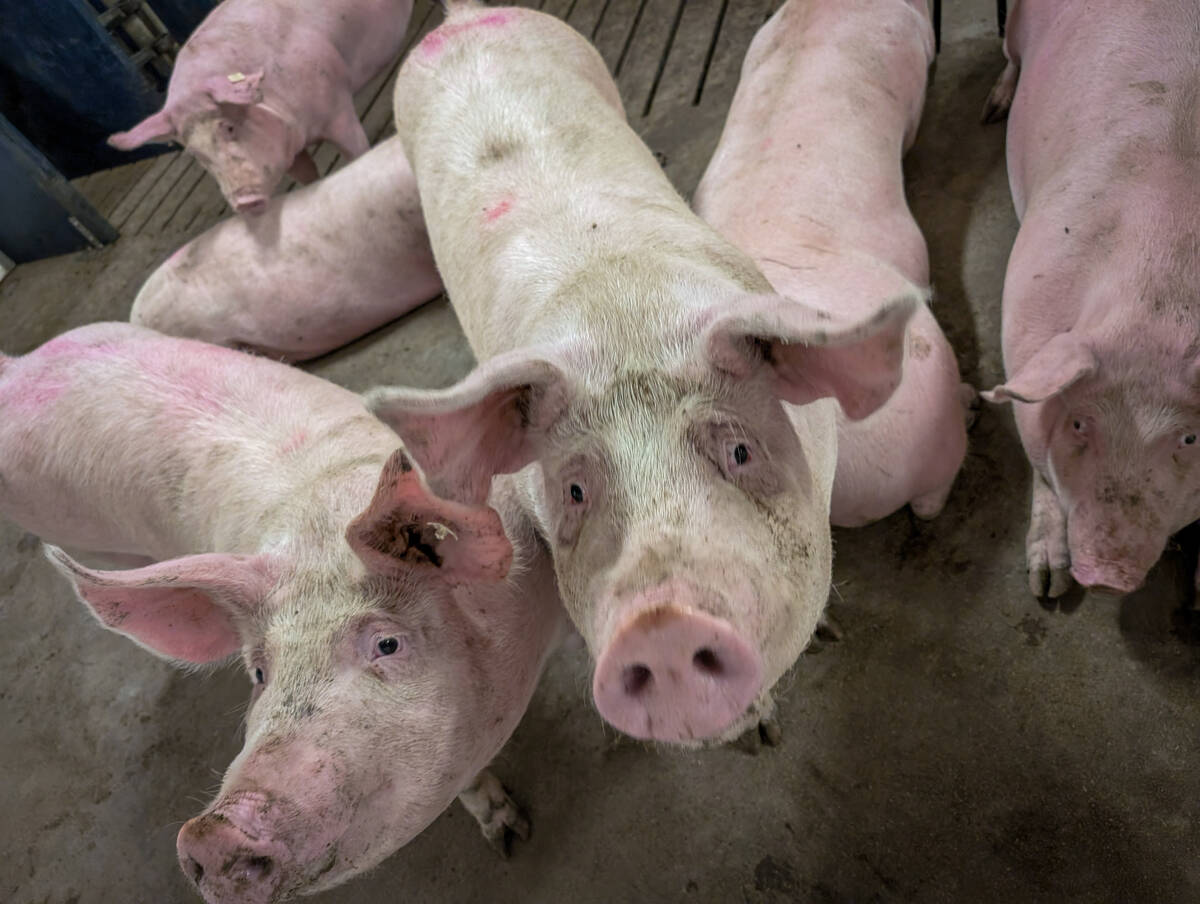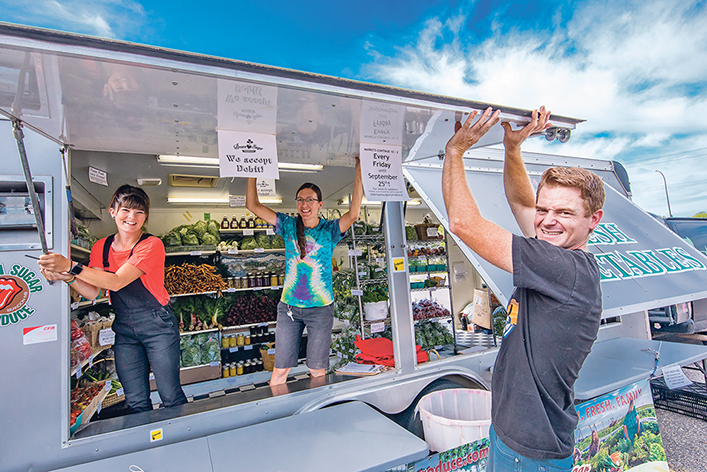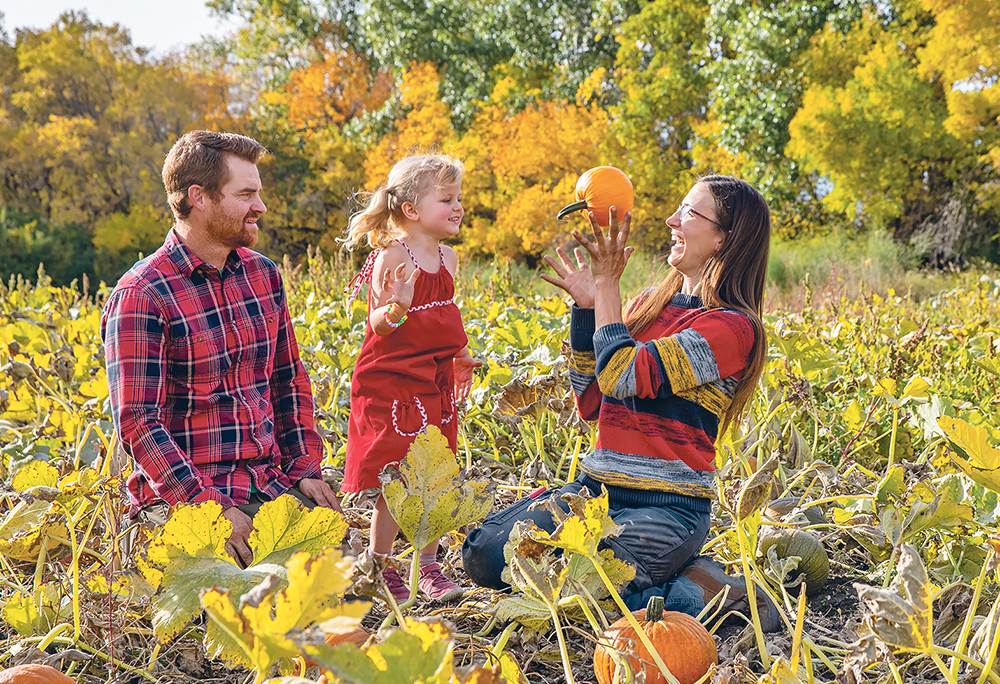A 29-acre farm may seem small by many prairie standards, where farms seem to get bigger every year.
But for Mike and Carolyn Reimer, who live within the city limits of Winnipeg, 29 acres are just enough.
“Farms keep getting bought up and huge corporations are taking over, and if we can provide something that’s a little bit different, then we’re all for that,” said Mike.
They named their operation Living Well Farm, and those 29 acres are usually home to seven cows, an alpaca and many free-range chickens.
Read Also

Pork sector targets sustainability
Manitoba Pork has a new guiding document, entitled Building a Sustainable Future, outlining its sustainability goals for the years to come.
The land they farm was once abandoned due to a flood that devastated the soil. Now, because of the couple’s regenerative agriculture practices, the soil quality is starting to improve.
“Even though I just have 20 acres of pasture, I rotate the cattle just about every day,” Mike said.
“This pasture was left for probably 20 years and it was just dead grass that didn’t allow new grass to come through. So, we started to graze all kinds of legumes, clover, some alfalfa, all kinds of grasses… But kind of on the advice of some of these holistic guides, the seeds in the soil basically stay there for a long time, they just need the right conditions.”
The Reimers also have chickens, which they use in their sustainable practices.
“We have pastured chickens that come through after (the cattle),” Carolyn said. “It’s incredible how much nicer that track of grass is after the chickens.”
Being on the edge of Winnipeg has provided them with many opportunities not available to farmers or ranchers who live more rurally. In a city of almost one million people, having a small farm within the city limits provides urban people a chance to experience and learn about agriculture.
“I had one mom come and she often comes with her kids,” Carolyn said. “She texted me one day and said, ‘my son finally realized that it’s the chickens that lay the eggs.’ So, I think that whole idea of helping your kids see this is the work that has to be done.”
Next to Brandon, Man., is a small farm known as Brown Sugar Produce. Started in 2001, it sells all different types of homegrown vegetables.

Originally launched by Stephanie Dillon, the farm has been taken over by her daughter, Teri Jenkins, with her husband Jon and daughter Myra.
For Jenkins, the farm is a way of life as well as a business.
“It’s the way I want to live,” she said. “I want to be outside with my hands in the soil.
“Any kind of business, anything like a loan from the bank, they want to see your business growing, everybody wants your business to always be getting bigger. And if our business gets bigger, that puts me into a leadership role, that would put me at a desk instead of in the soil with my hands.”
Although Jenkins never anticipated taking over the family farm when she was younger, she said there is nothing else she’d rather be doing.
“It’s an honour to still be doing things that my great grandparents were doing. That means more to me than the actual business part of it,” Jenkins said.
“It’s not just a coincidence. It’s by design. We chose this because we see nothing more honourable than producing food. It’s a basic need.”
That means more than growing vegetables. For Jenkins, it also means finding ways to produce food sustainably.
“We are not certified organic, but we use organic methods, so we don’t use any sprays … we don’t want to eat food that has been sprayed, so we don’t grow food that has been sprayed.”
She has plans to continue making her farm even more sustainable.
“Having on-farm fertility would be a goal, like having animals so that we can have a nutrient cycle on the farm where we have animals, and they poop and we use the poop to grow veggies.”
















